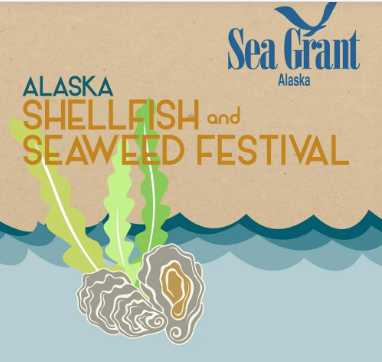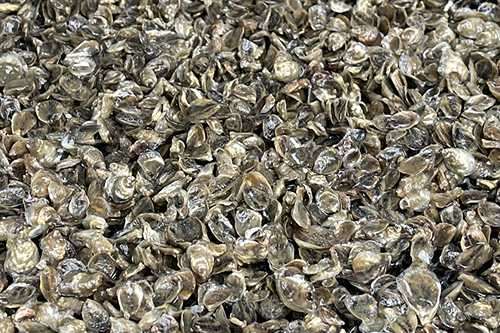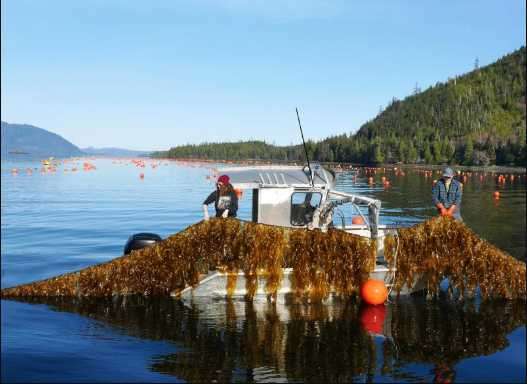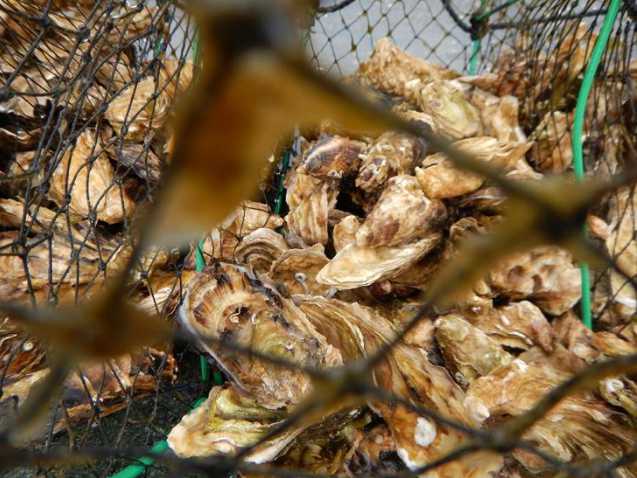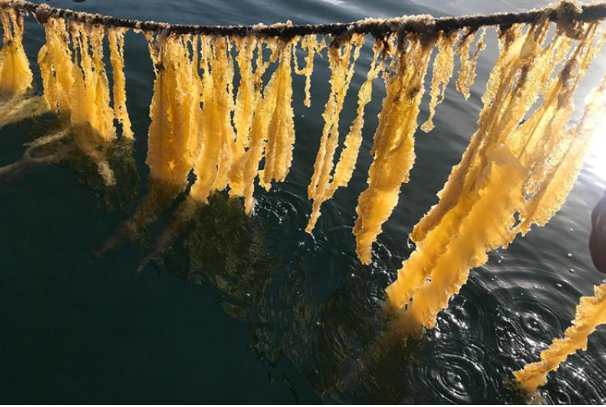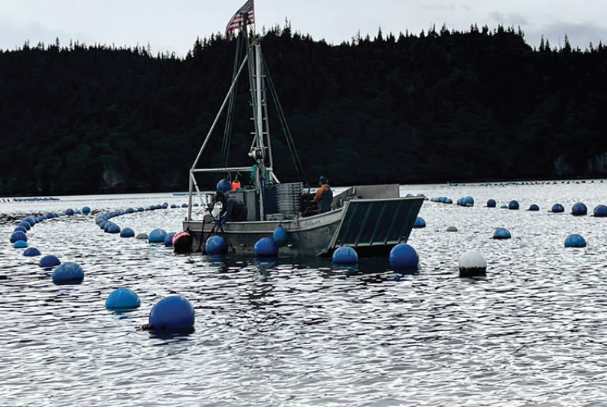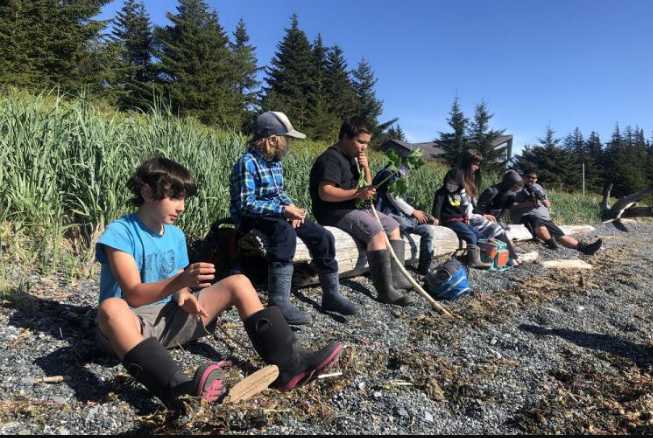Alaskans’ interest in the mariculture industry is growing. In 2016, state permitting agencies received only four aquatic farm applications. From 2017–2020, it jumped to 64. Mariculture includes the cultivation of shellfish, such as oysters, and seaweeds, used in a variety of foods, fertilizers and biofuels. Alaska state law prohibits the inclusion of finfish farming.

Shellfish and seaweed farming is well suited to Alaska. Farmers benefit from Alaska’s rich and pristine waters, coastal workforce, and robust seafood infrastructure. Aquatic farms are run by individuals and families living and working in small coastal communities. Farming can supplement other seasonal jobs such as fishing, and working on the water is an attractive lifestyle for many.
The mariculture industry in Alaska has great economic potential, and the Governor’s Mariculture Task Force set a goal of growing it into a $100 million industry in 20 years. The task force also identified barriers for entry of new farmers, including permitting. Farmers are required to file multiple permits with at least four different state and federal agencies, sometimes more depending on the project. This results in a confusing and time-consuming process.

To address this barrier, Alaska Sea Grant and the NOAA Fisheries Alaska Region teamed up to create user-friendly tools to guide applicants through the permitting process. A working group of state and federal agencies involved in permitting aquatic farms reviewed each permitting step and drafted tools to help navigate the process. Prospective and existing farmers then reviewed the materials for usability. Experienced farmers provided additional feedback and suggestions for applicants to consider before starting the application process and siting a farm.
The working group is currently creating a PDF guide and website. This one-stop-shop for prospective shellfish and seaweed farmers provides the steps, advice, links and directions for each of the permitting applications. The portal will be online by the end of 2021, in time for applicants to use it in the 2022 application cycle.
For more information, please contact Hannah Wilson or Alicia Bishop.[content id=”79272″]

